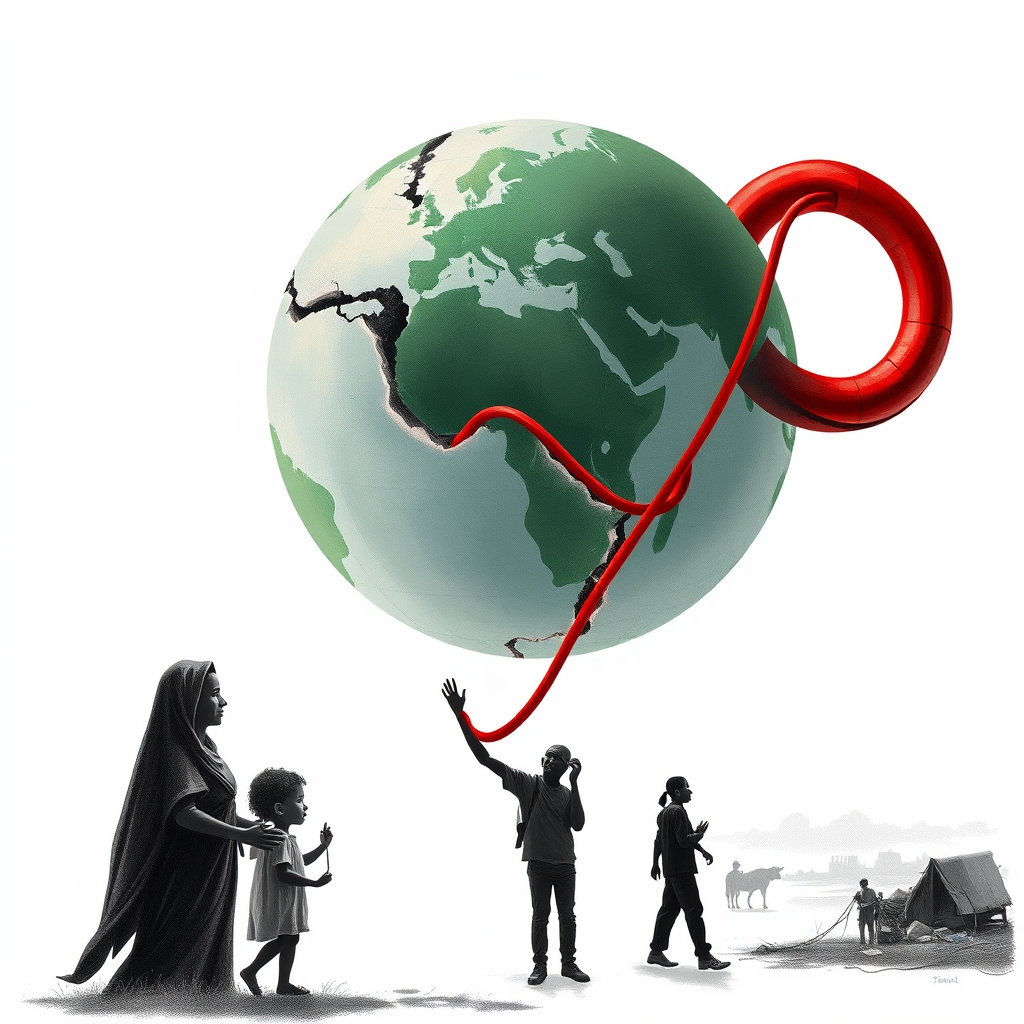Aid Cuts Trigger Global Health Crisis Fears

A sweeping reduction in U.S. foreign aid is creating a humanitarian crisis across the globe, impacting vital health programs, exacerbating existing conflicts, and leaving international organizations scrambling to fill critical gaps, according to Doctors Without Borders/Médecins Sans Frontières (MSF) representative. The cuts, impacting programs from vaccination campaigns to maternal health services and HIV treatment, are particularly devastating in regions already grappling with instability and high mortality rates.
MSF is witnessing a surge in patients seeking care as other organizations are forced to scale back or shut down operations due to funding shortfalls. In Bangladesh’s Rohingya refugee camps, access to emergency birth kits and contraceptives is dwindling, while post-sexual violence care is increasingly unavailable. Similar disruptions are reported in the Democratic Republic of Congo, where essential vaccination programs are at risk. The representative highlighted a 30% increase in patient consultations, straining MSF’s resources even as budgetary pressures mount.
The cuts extend beyond direct healthcare, impacting broader public health initiatives. Funding reductions to GAVI, the vaccine alliance, threaten immunization programs for approximately 75 million children, potentially leading to 1.2 million preventable deaths. The representative expressed particular dismay over cuts to PEPFAR, the President’s Emergency Plan for AIDS Relief, a program once considered a bipartisan success story.
While MSF is adapting by reorganizing and seeking efficiencies, the organization emphasizes it cannot shoulder the burden alone. The representative points out that local governments, already stretched thin, lack the capacity to fully compensate for the lost funding and expertise. The situation is further complicated by the fact that many of these cuts are occurring in conflict zones, where access to aid is already limited.
The representative expressed frustration that the cuts appear to be driven by domestic political considerations, with little public outcry in the United States. This lack of attention, they argue, is particularly disheartening given the potentially catastrophic consequences for vulnerable populations around the world. The cuts aren’t simply about dollars and cents; they represent a moral failing, jeopardizing the lives of millions and undermining decades of progress in global health and humanitarian aid. It’s a deeply concerning trend, and one that demands immediate attention and a reversal of course. The situation is a stark reminder that foreign aid isn’t simply charity; it’s a vital investment in global stability and human well-being.